Haddon Anderson is executive director of Stateline Youth for Christ, one of the local ministry organizations with which First Free partners. We spoke with Haddon about YFC’s work in our community—and their need for more volunteers.
What is your focus as a ministry?
Overall, we want to reflect God’s love to youth who have fallen through the cracks. We want to go to where young people are—whether that’s community centers, kids in the juvenile justice system, local schools.
Can you define “falling through the cracks”?
Kids who are often overlooked. Disadvantaged in various ways. Perhaps just encountering a great deal of brokenness, whether that be within their families, their community or their schools. In many ways, it’s finding youth who have lost some sense of hope. … We’re a very relational ministry. We want to meet youth where they are and do all we can to develop trust with them. And then be discerning as we take steps in relationship. Having conversations with them about Jesus and God’s Word.
Overall, a big emphasis is on what we call authentic, Christ-sharing relationships. A deep, meaningful relationship that’s centered upon Jesus, and faithful in walking alongside them wherever they’re at in life.
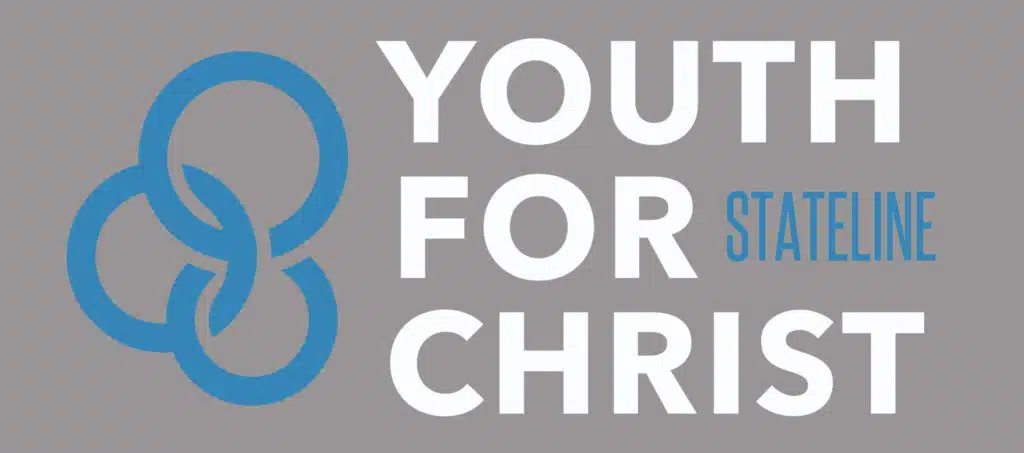
There’s been such a good blowback against hit-and-run evangelism. And a move toward a deeper, discipleship approach.
Absolutely. I think even the Youth for Christ logo speaks to that. The three circles stand for their story, then my story, then God’s story, and how those are all intertwined. Meeting youth where they are often means listening to their story, getting to know who they are, some of the struggles that they’re facing—or just different things going on in their life that they want to celebrate. It’s just having a faithful presence in their life, one that really gets to know them. In time, what naturally begins to happen is there are opportunities to share my story with them. How God worked in my life. And through that, the connection to God’s story and the gospel.
But we also recognize that typically is a process. For example, we’re often working with kids who come from fatherless homes. Introducing God as Father is a concept that’s probably going to take time to really process and understand. That’s where I think that overall emphasis on faithful presence, continuing to show up in the lives of the kids that we serve, is really meaningful over time.
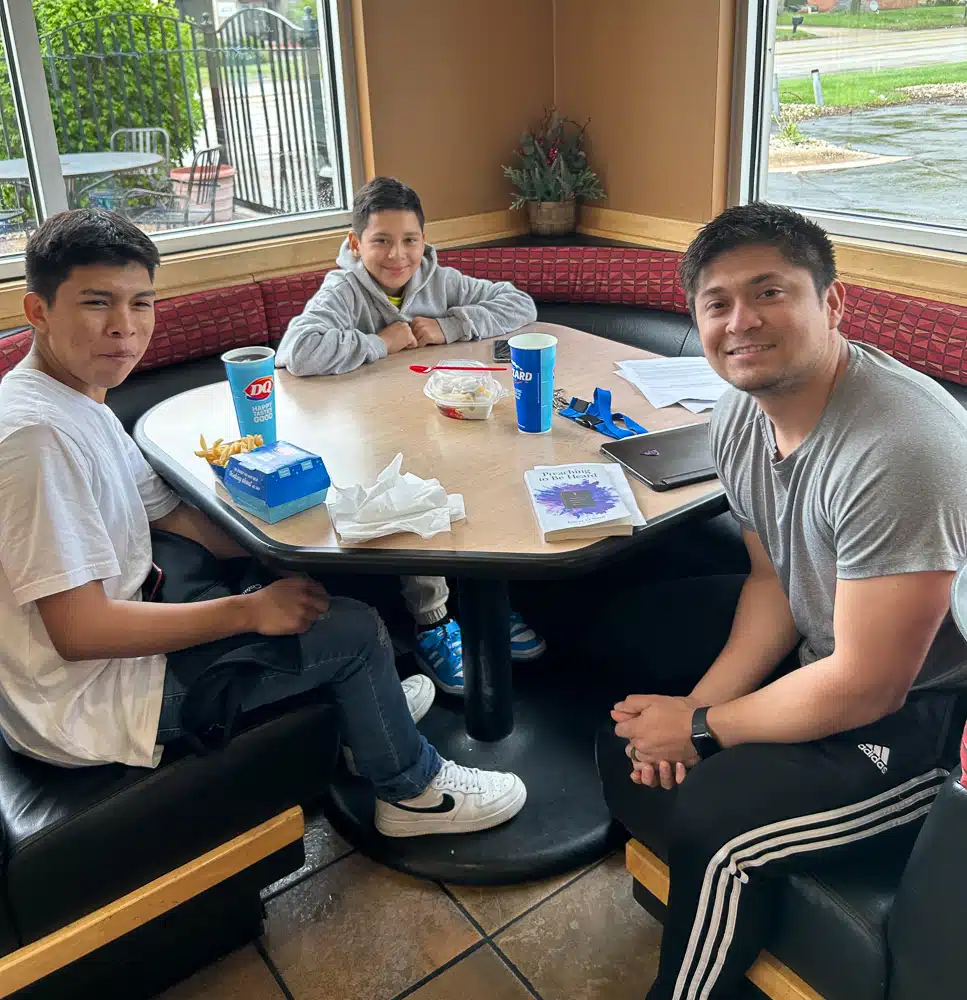
What does that look like as these relationships start? Do you work through schools? Social programs?
The starting points can be a lot of different places. We have three main areas of ministry: City Life, Campus Life and Juvenile Justice ministry. For City Life and Campus Life, the starting point can often be in a local school, or maybe a kid happens to hear about some of our off-site programming and they end up coming to it. Within that context, at some point they may get introduced to one of our staff or leaders. And that’s going to begin a journey of relationship. Obviously for some kids there’s going to be more depth, more of a commitment on their end in wanting to be involved.
Is it usually a one-to-one thing, or can it be groups as well?
Often it’s a group thing. We have club gatherings, specifically for City Life and Campus Life. They are larger group settings, maybe 40 or 50 kids, and another five or 10 staff or leaders who are there. In our Juvenile Justice ministry, that context tends to be a little bit smaller and with more individual appointments.
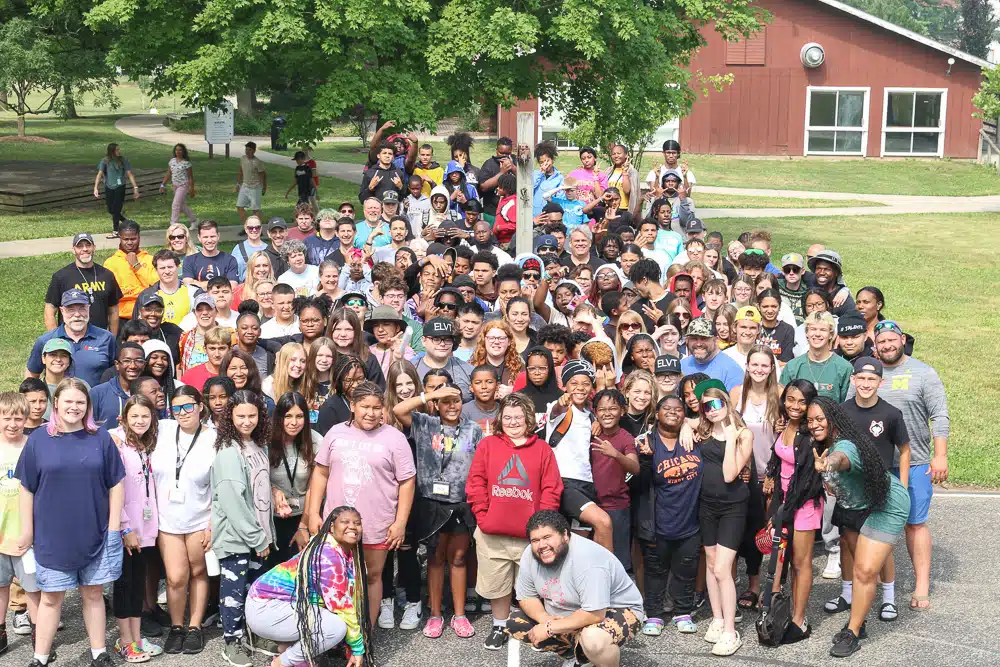
What’s the difference between City Life and Campus Life?
City life is more of our Rockford-focused ministry. We’re in some of the Rockford public schools. With Campus Life, we are starting to target more of the surrounding communities. We have a facility now in Loves Park, and that’s working in the Harlem School District. In time, the vision would be to target some of the other communities around Rockford with Campus Life.
What is your relationship with the Rockford school district like?
Very favorable. I think they have really appreciated our presence. Our overall posture toward local schools is, “How can we serve you?” and less about “This is what we want to come in and do.” We’ve been invited in. Our staff will go in and have lunch with kids. We also have some social and emotional health programs that will run within the school, and those open up neat avenues for conversations on some key topics that are going on in their lives.
Is there a line you have to be aware of in schools regarding what you can say about Jesus?
We very much respect that when we are in local schools, that is not a time when we are going around attempting to evangelize. We build relationships with kids when we’re in the schools, and we’re going to support the staff and administrators there. Overall I think that approach is appreciated. Certainly if kids would initiate a conversation about God, our staff are equipped to know how to navigate some of that. We love to have those conversations, but we know typically the right outlet for those is going to be our off-site programming.
I think it’s just being wise and discerning. Our name is Youth for Christ, so we’re not hiding anything. But at the same time I think we are discerning how to embody that in the community.
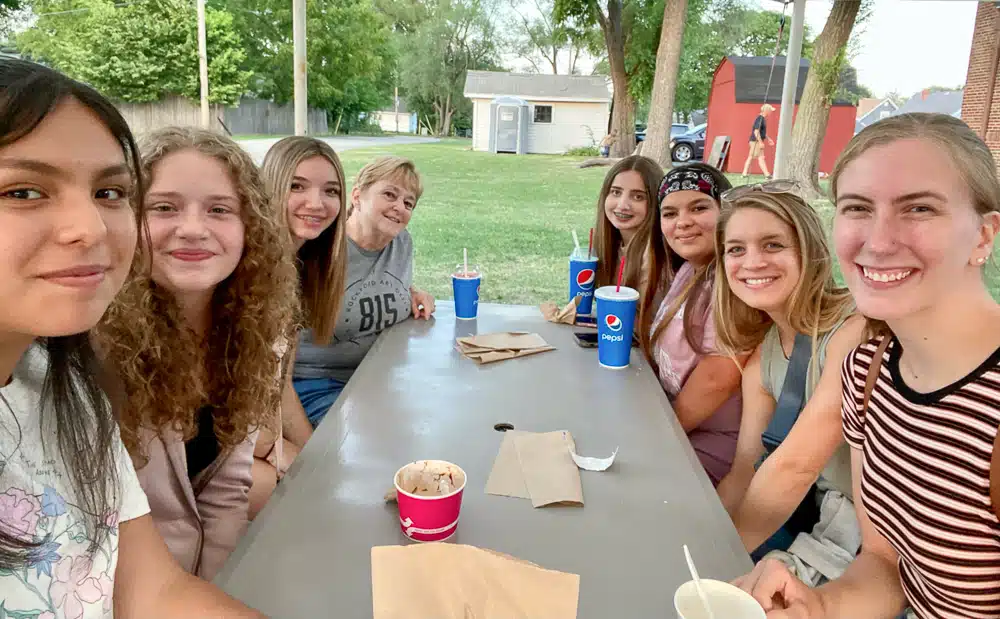
When you look at Rockford, its spiritual and social condition, does it feel overwhelming at times?
I have noticed recently among our staff, we are having to be mindful of encountering some level of burnout. There are some serious challenges in terms of juvenile crime, poverty, fatherlessness, mental health issues. For our team, staying faithful in such a tough context at times is hard. Just some of the situations they are encountering day-to-day.
When you are exposed to so much pain and trauma, it’s hard not to carry some of that home, right?
I was just sitting with a staff member this morning who was describing his recent weeks like that. We want to lean into that and be understanding, and to develop the right pace of ministry. The needs are overwhelming. We don’t want to have a messiah complex approach to ministry where we think we’re going to save the day for all of these kids. We don’t want to put that on our staff, either, where they feel pressured to save all of these circumstances that are beyond our control. At the same time, God helps us to be faithful stewards and gives us discernment and how to offer hope to the hopeless. But we need to know how to embrace our finitude in that at the same time.
Tell me about your relationship with the jail and court system.
Our leader in Juvenile Justice ministry, J.R. Flannigan, is incredibly connected across the city—from the police chief to the mayor to juvenile probation. All of that has been really healthy in laying the foundation for that outreach. So there’s no shortage of opportunities there because of the connections we have.
There were some hiccups with being present in the Juvenile Detention Center, but it’s looking like we’re going to be back in there come fall.
What needs are most on your mind right now for Youth for Christ locally?
The biggest one is volunteers. With the ways that our ministry has grown, particularly in the last 12 months, we have increasing needs for people who want to be boots on the ground and serving alongside our staff. We’ve been seeing explosive growth.
Why?
Part of it is that we were restricted for two or three years during COVID. That created a lot of confusion and loneliness with youth. So this year it has felt like youth are just hungry and searching for meaning and relationships. It almost has felt like the floodgates have opened. We have a lot of youth who are interested in being a part of what we are doing. But sometimes they’re just aren’t enough hands on deck to be able to manage it all.
One of the Youth for Christ cultural attributes is kingdom-inspired diversity—hiring a team that reflects our community. We have really embraced that and that has been a beautiful thing (the local staff currently numbers about 15). But one of our struggles has been the volunteer capacity to keep up with the needs.
What do those volunteer opportunities look like?
We have a menu of ways for folks to get involved. It could look like coming to Campus Life or City Life Club and throughout the night looking for opportunities to have conversations and build relationships with kids. It could be more in the background, serving or bringing a meal. Particularly within our City Life context, one of our biggest challenges is transportation. So it could even be picking up kids to bring them or take them home again. Right now our staff are carrying the bulk of that. Oftentimes before and after programming they will be spending an hour and a half driving around to ensure that kids can come. I admire their willingness to do that, but I often question if that is sustainable for their own health.
Where are the meetings?
For Campus Life we have our center in Loves Park. For City Life we have the off-site programming. We meet within a couple of local churches: First Covenant and Life Church South.
Tell me a victory story that’s happened recently.
There’s a young man who has been part of our City Life outreach for years now. Multiple staff members have invested a lot in him. One of our staff has military background. So that has led to involvement with some military training. This young man ultimately has come to know Christ, has gotten connected to the local church and he’s been baptized within that local church. But he has also been equipped with some valuable life skills. And two or three weeks ago, he shipped off for basic training. This is a kid who didn’t come from much, and probably was on the fence about which path his life could go. It’s been really neat to see the investment of our team and his church. The organized the going away-party for him and it was neat to see a lot of people show up to that.
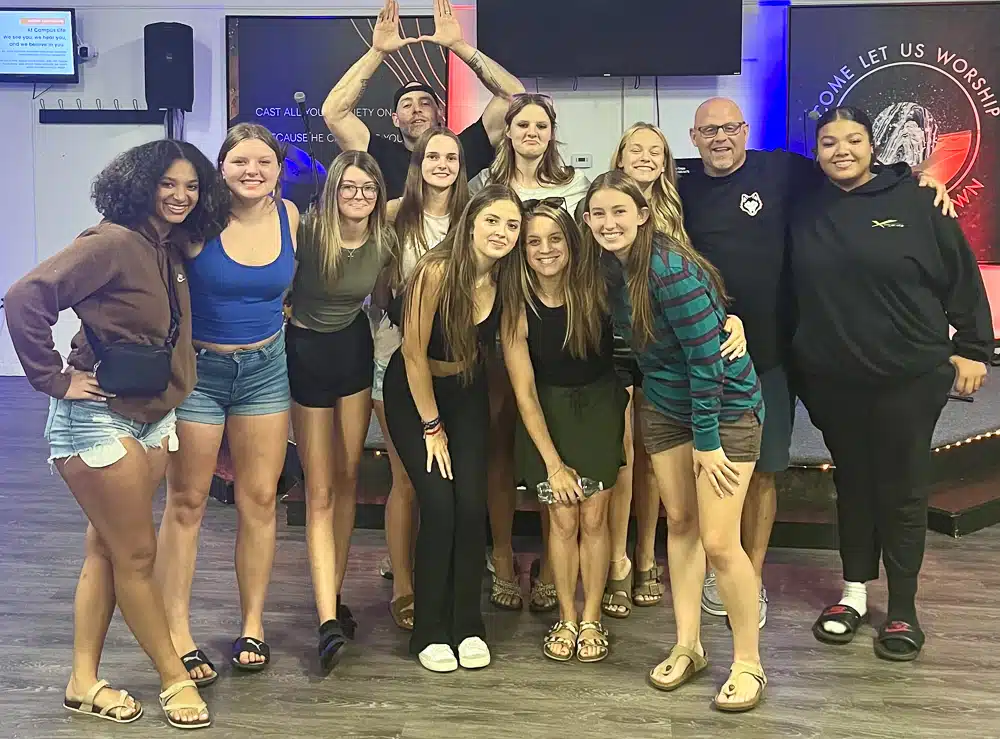
What do you wish more people knew about Youth for Christ?
We would love for people to consider finding a simple way to get involved. Even if it’s just an hour or two a week. Sometimes I think we nonprofit or parachurch organizations can do a poor job when we communicate at places. We communicate an overwhelming need. It’s like we’re asking for the Platinum Package (of volunteering).
If we had folks who just said, let’s find a niche or a sweet spot with YFC. Those little acts go a long way, whether that’s “I’ll pick up a few kids for you on Thursday night,” or “I’ll bring a meal once a month,” or “I’ll make a commitment to being at the ministry site once a week or once every couple of weeks.” We get it that life is busy. And we also don’t want to pull people away from their commitment to their local church presence and involvement there as well. But missionally, we can partner with churches in those small, simple ways.
We want our kids, in time, to get connected at local, gospel centered churches. Typically that’s not going to happen unless folks from local churches are boots on the ground at our ministry sites. If we just say, “Hey go check out First Free on Sunday,” they probably won’t. They don’t have transportation.
Interested in volunteering with Stateline Youth for Christ? Check out the opportunities here.
Photos provided by Stateline Youth for Christ





0 Comments